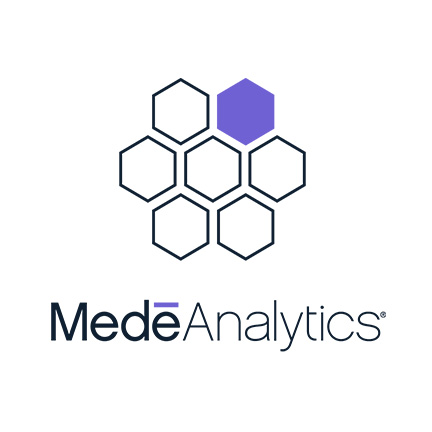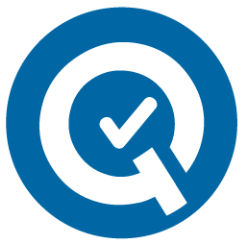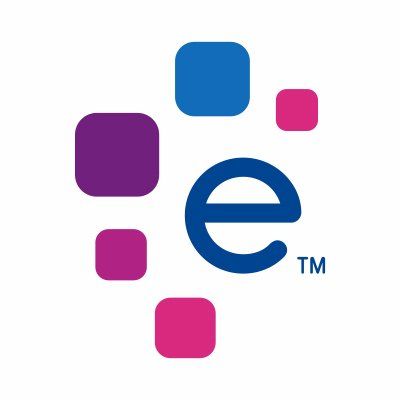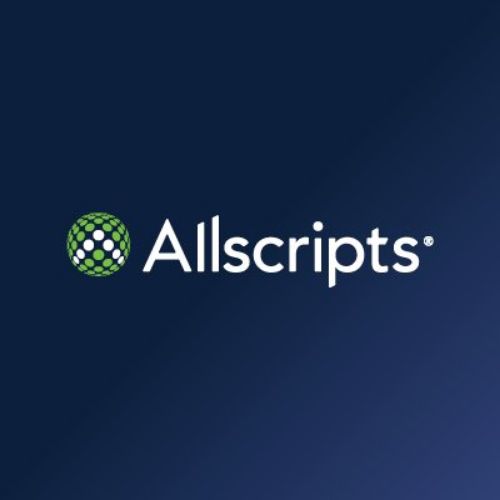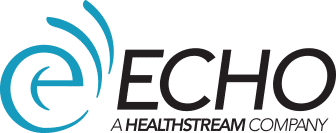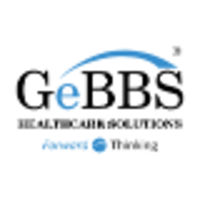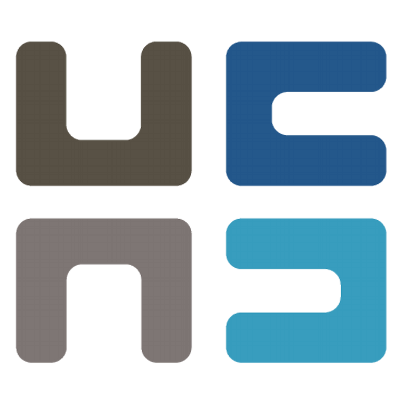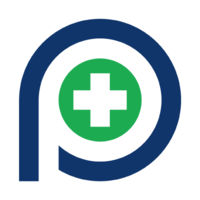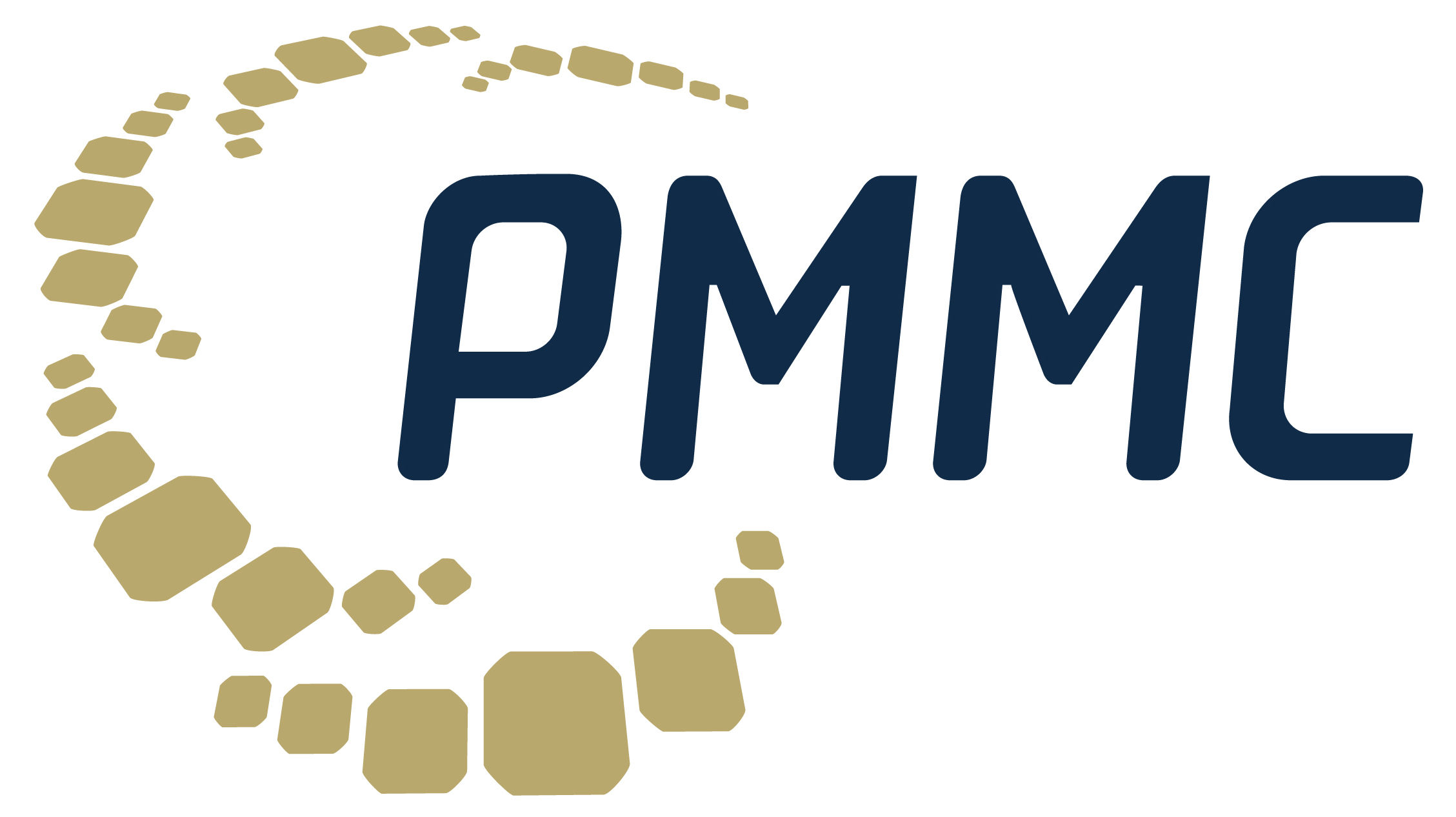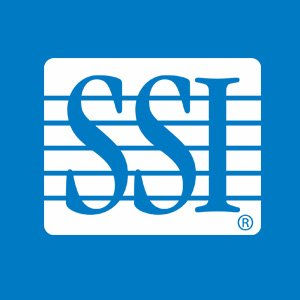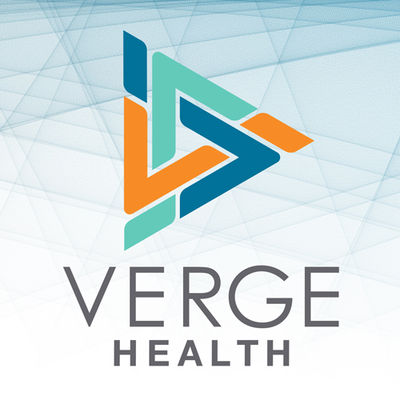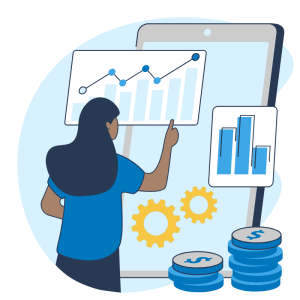WHO WE ARE
Ringo is a healthcare-focused technology and services partner with roots dating back to 2001, originally built to solve operational challenges inside hospitals. Over the past two decades, we evolved from a billing optimization tool into one of the industry’s most advanced Vendor Management Systems (VMS), launched in 2020 to support modern healthcare workforce management and address the growing complexity of contract labor management across healthcare organizations.
We are a national, vendor-neutral organization supporting healthcare systems in all 50 states and managing $275M+ in annual contingent labor spend. Our commitment to transparency, workflow efficiency, and user-centered design has earned strong market trust, including a 94.2 overall satisfaction score in the KLAS 2025 First Look Report, with 100% of clients saying they would buy again.
________________________________________
WHAT WE DO
Ringo provides a purpose-built VMS platform and optional MSP services designed exclusively for U.S. healthcare organizations. Our ecosystem delivers:
Technology
• An industry leading VMS that centralizes, automates, and standardizes contract labor processes.
• Real-time digital reporting across provider type, vendor, site, department, and system-level metrics.
• Automated rate enforcement, credentialing visibility, compliance tracking, and streamlined time & expense workflows.
• Pre-credentialing and rapid onboarding tools to reduce time-to-fill.
• Customizable workflows aligned to each organization’s operational model.
• Real-time reporting and data analytics.
Services
• Vendor-neutral management of staffing suppliers to ensure quality, accountability, and performance.
• Internal Resource Pool management.
• Full MSP programs—or support for health systems running their own in-house programs.
• Real-time data analytics and regular business reviews ensuring continuous performance optimization.
• Ringo Support Teams for operational, clinical, financial, and vendor-relations guidance.
Commercial Model
• $0 cost to hospitals and physician groups.
• Vendor-funded model that creates immediate value and a fast ROI.
________________________________________
WHY IT MATTERS
Healthcare organizations are under immense operational and financial pressure, from workforce shortages and credentialing bottlenecks to rising labor costs and outdated processes. Ringo delivers measurable impact in areas leaders can control today, regardless of market volatility or regulatory change.
Ringo Helps Health Systems:
• Reduce time-to-fill by up to 38% with faster onboarding and pre-credentialing.
• Achieve 15–20% cost savings through rate automation and standardized workflows.
• Improve compliance and reduce risk with transparent credentialing and vendor oversight.
• Eliminate administrative burden through centralized invoicing, consolidated data, and automated processes.
• Increase visibility and decision-making confidence with real-time analytics.
• Operate with greater consistency and control across all locations and specialties.
Ringo is more than software it is a healthcare-first workforce infrastructure, giving leadership the clarity, control, and confidence needed to stabilize their labor strategy and protect margins in an unpredictable environment.
Workforce Optimization, Simplified.
Milan Boulette, Chief Revenue Officer
Call: 631-629-6242
Email: mboulette@gorigo.com
www.goringo.com





